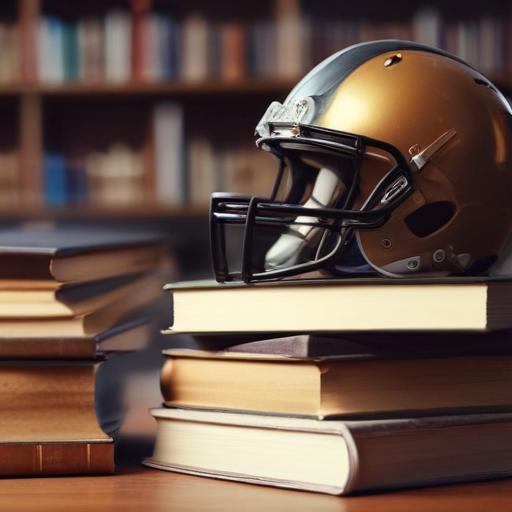The NCAA’s long-standing amateurism model ended with a significant ruling, as U.S. District Judge Claudia Wilken granted final approval to the House v. NCAA antitrust settlement. This landmark decision, which marks a pivotal change in collegiate sports, allows for the first instance of direct financial compensation for athletes, in the form of a $2.8 billion, ten-year settlement. It compensates past players for lost opportunities tied to their names, images, and likenesses (NILs) and permits colleges to allocate funds to current players starting on July 1.
The settlement includes provisions for a potential $20.5 million revenue-sharing arrangement among schools for the upcoming academic year, with an incremental increase of at least 4% each year throughout the agreement. Additionally, the agreement offers $2.8 billion in back payments for athletes who competed between 2016 and 2024.
Finalization of the settlement was delayed twice in April due to concerns regarding roster limits for current players, a key element of the agreement. Initially, the NCAA had to address complications, such as roster cuts that were already being made prior to the settlement’s approval. A compromise allowed for current players to be “grandfathered in,” meaning that schools could temporarily exceed new roster limits until those players’ eligibility expired.
Changes to roster limits are expected to impact nearly 5,000 athletes across different NCAA sports. Football teams will see a decrease in roster size to 105 players, prompting many schools to make cuts, though many appear likely to keep current athletes despite these new constraints.
Another key aspect is the potential for schools to share revenue according to a formula where approximately 75% is allocated to football players, with 15% for men’s basketball, 5% for women’s basketball, and the remaining 5% for other sports. This division of funds has raised uncertainty around how it might affect existing NIL deals, especially with a new enforcement framework being established to scrutinize third-party agreements.
The ongoing changes also usher in the College Sports Commission, meant to oversee the settlement’s implementation and ensure compliance while Deloitte and LBI will assist in managing revenue share schemes and tracking NIL contracts. This comes amid concerns over “pay-for-play” practices and aims to establish clearer guidelines and oversight for athlete compensation going forward.
In light of these developments, the NCAA is focusing on creating a structured and fair environment for athlete compensation which, while complex, represents a significant step towards recognizing the contributions of collegiate athletes. This settlement could symbolize a more equitable future for student-athletes across various sports, fostering an environment where their rights and opportunities are respected and enhanced.
